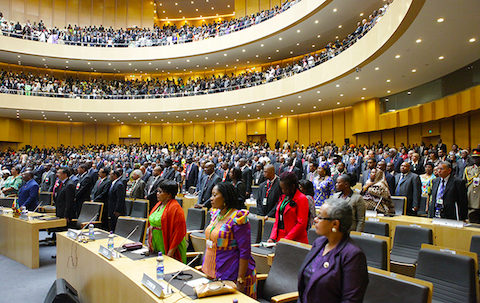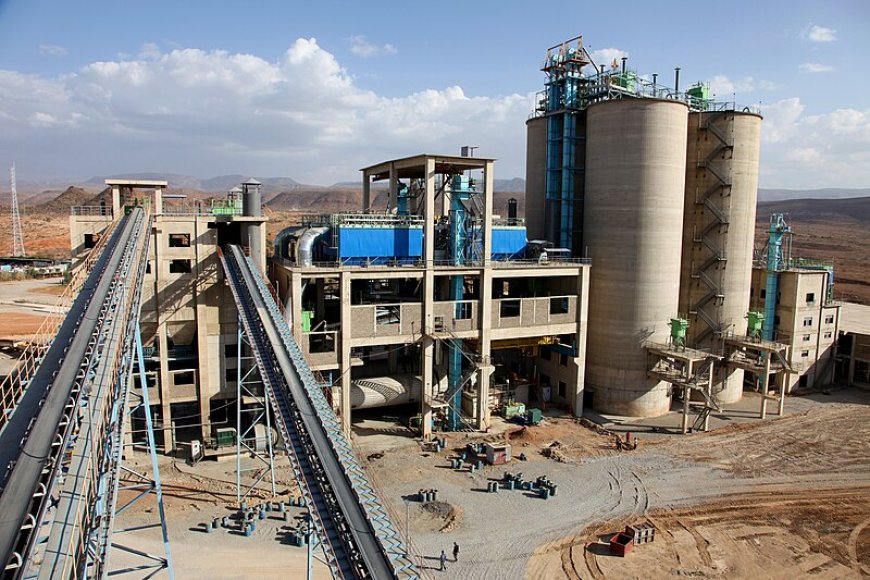Smart Pika to supply pay-as-you-go electric cookers to 500,000 Tanzanians


Quidah is an online platform that connects investors with curated opportunities and expert insights on Africa’s emerging markets, while offering businesses promotional services, partnership facilitation, and market intelligence to attract capital and grow their operations.
Industries
Smart Pika, a Tanzanian energy start-up, plans to distribute modern electric cookers to 500,000 people next year using a pay-in-instalments model linked to mobile money. Households receive a cooker up front and repay in small amounts, mirroring the country’s prepaid electricity set-up.
Founder Andron Mendes says the approach targets low-income families who struggle with the full purchase price. The rollout aligns with the national clean-cooking target, which aims for 80 percent adoption of cleaner solutions by 2034 to cut deforestation and reduce smoke-related illness.
The company has been running awareness drives, including a visit to Kibasila Primary School where it donated stoves and school bags. Staff there report quicker meal preparation and lower running costs after switching to electric cooking.
Smart Pika expects to sell at least 5,000 units through the instalment scheme by year-end, citing strong demand. Its longer-term goal is to reach five million households by 2034, which it estimates could benefit around 20 million people.
The programme is supported by Modern Energy Cooking Services, backed by the UK High Commission in Tanzania. Backers say scale can bring prices down while helping curb air pollution. At Kibasila Primary School, daily cooking costs reportedly fell from about Sh20,000 to around Sh5,000 after the switch, with meals served on time.
The model opens several avenues. Appliance financing tied to mobile money creates scope for fintech partnerships and embedded credit. Local assembly of induction and infrared cookers could attract manufacturers seeking to localise supply chains and reduce import costs. Utilities and solar developers may find new demand from off-peak cooking loads and tariff bundles, while verified emissions reductions could support carbon credit revenues. There is also room for last-mile distributors, after-sales service networks, and institutional catering providers to build offerings around affordable, electric cooking at schools, clinics and canteens.


